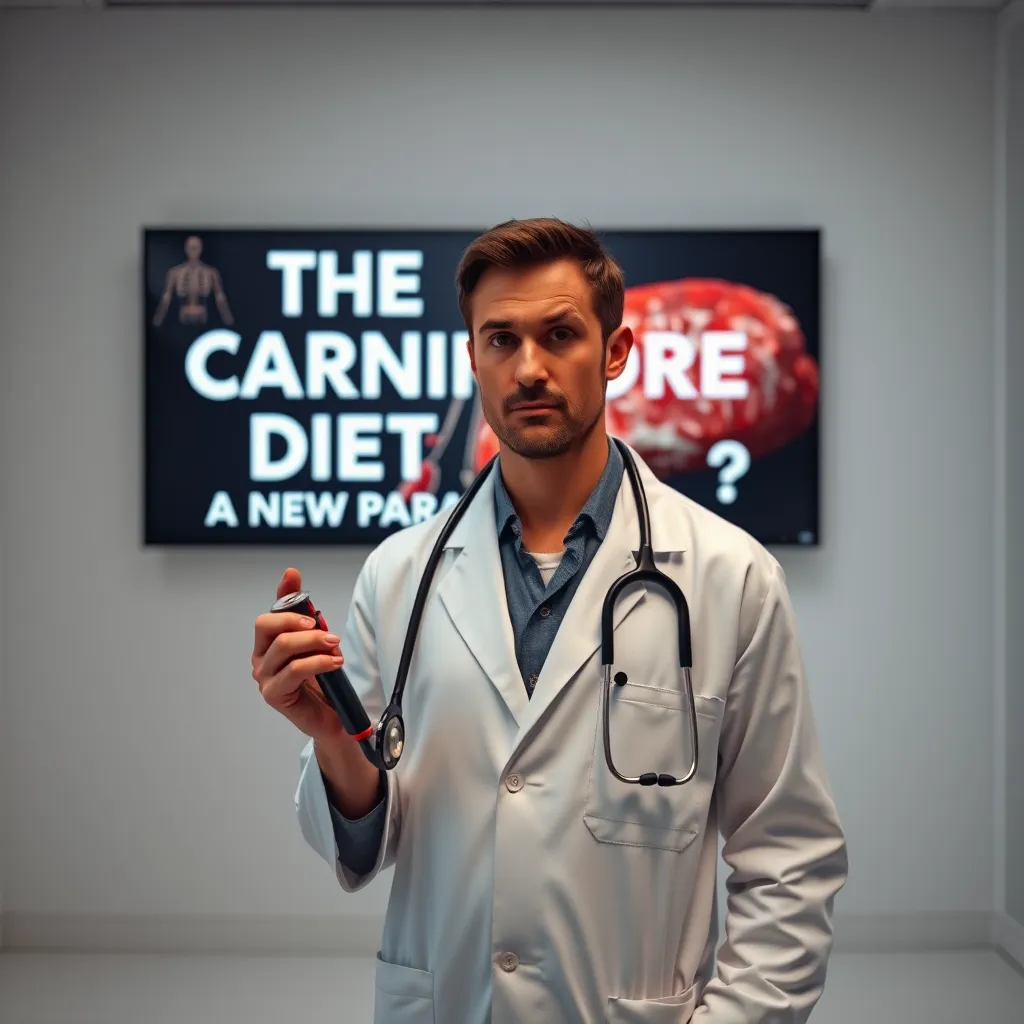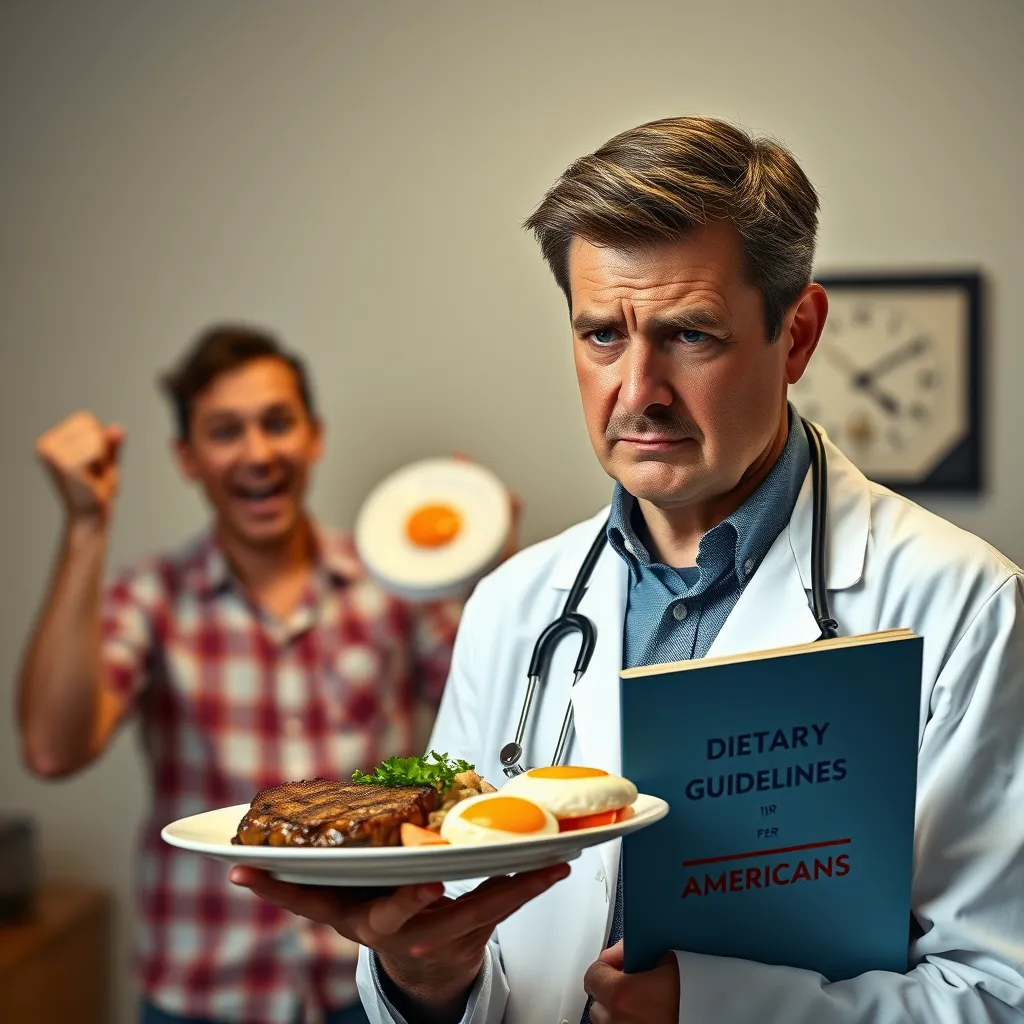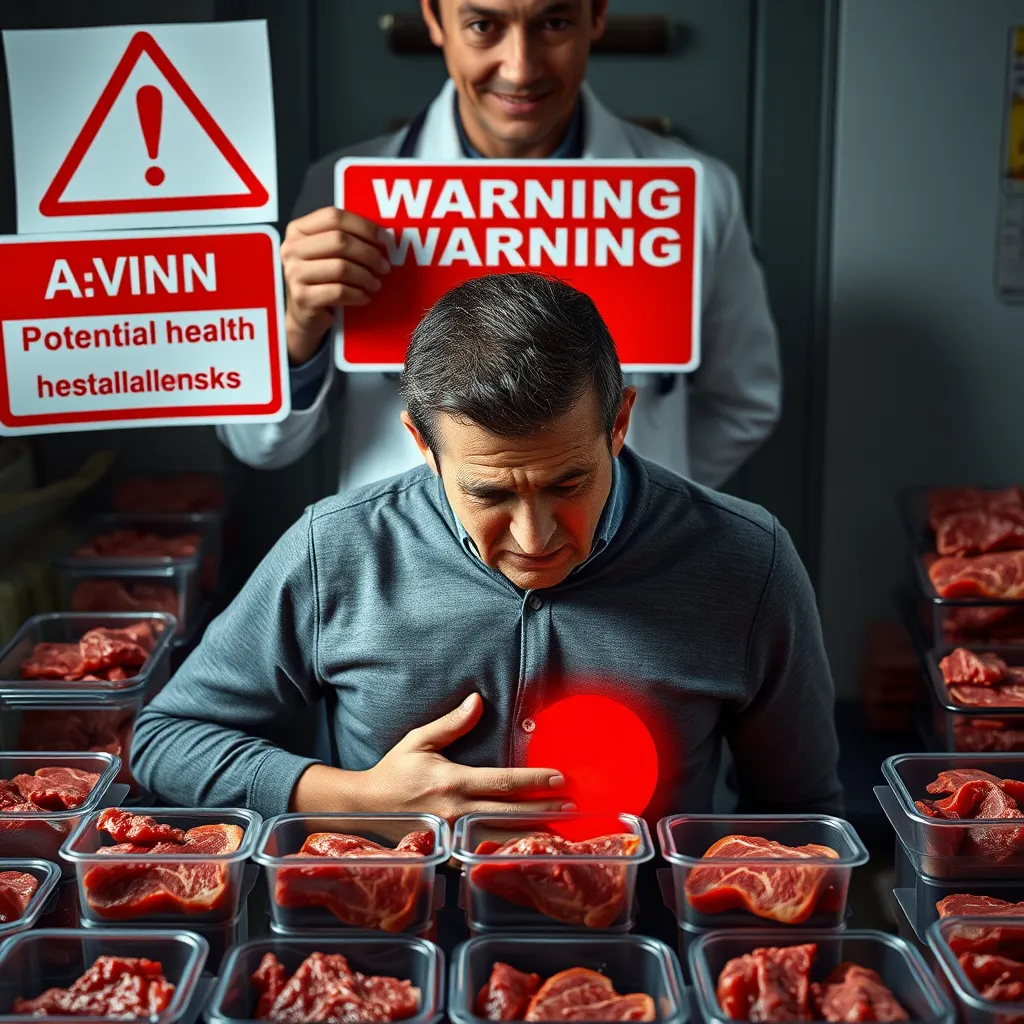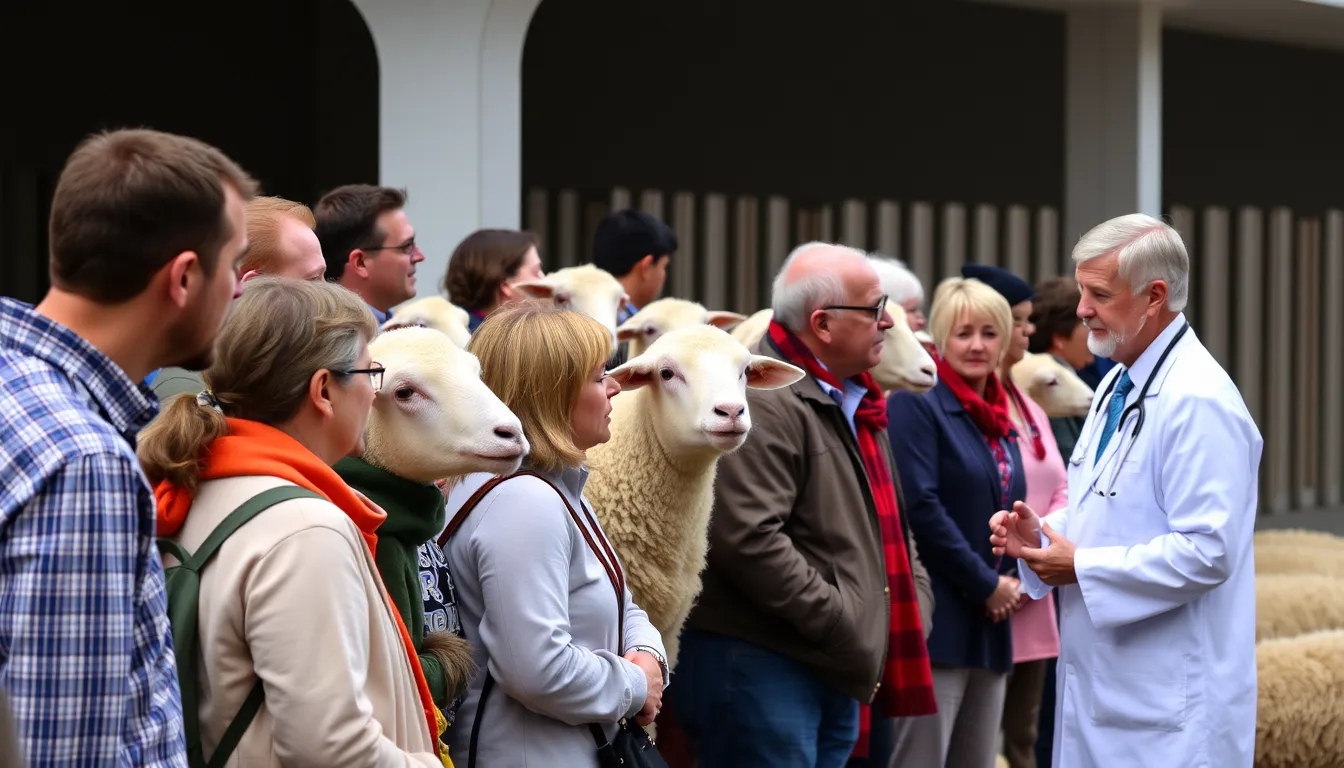Why Doctors Hate the Carnivore Diet (and What It Means for You)
The Carnivore Diet: Why Doctors Are Against It
Financial Interests
Many doctors are financially tied to pharmaceutical companies and the medical industry, which benefits from treating chronic diseases. The carnivore diet, with its potential to heal these conditions, could threaten their income.


Lack of Education and Research
The medical establishment often relies on outdated information and may not be adequately informed about the benefits of the carnivore diet. Limited research in this area can contribute to skepticism and resistance.
Fear of Change
Doctors are accustomed to treating disease and may not be comfortable with a diet that focuses on prevention and healing. The carnivore diet challenges conventional medical practices and requires a shift in thinking.
Should Doctors Support the Carnivore Diet?

Is the Medical Establishment Afraid of the Carnivore Diet?

Challenging Conventional Wisdom
The carnivore diet directly contradicts established dietary guidelines, potentially threatening the authority of healthcare professionals and institutions.

Erosion of Pharmaceutical Revenue
If the carnivore diet proves effective for conditions like diabetes and autoimmune disorders, it could significantly reduce the demand for medications, impacting pharmaceutical companies' profits.

Threat to Food Industry Interests
The carnivore diet's emphasis on meat consumption could disrupt the balance of power within the food industry, challenging the dominance of processed foods and plant-based alternatives.
The Carnivore Diet and the Billion-Dollar Medical Industry: A Conflict of Interest?

Financial Incentive to Maintain Status Quo
The medical establishment, heavily reliant on pharmaceutical and diagnostic revenue, could see a decline in profits if the carnivore diet gains widespread acceptance and reduces reliance on medication.

Lack of Research and Limited Understanding
The carnivore diet is relatively new, and extensive research is still lacking. Medical professionals, trained on traditional dietary guidelines, may be hesitant to embrace a diet that falls outside their existing knowledge base.

Potential for Misinformation and Misuse
While the carnivore diet can be beneficial for some, it may not be suitable for everyone. The medical establishment may be concerned about the potential for misinformation and its misuse, leading to health complications.
Carnivore Found Me
© Copyright 2024
Carnivore Found Me

